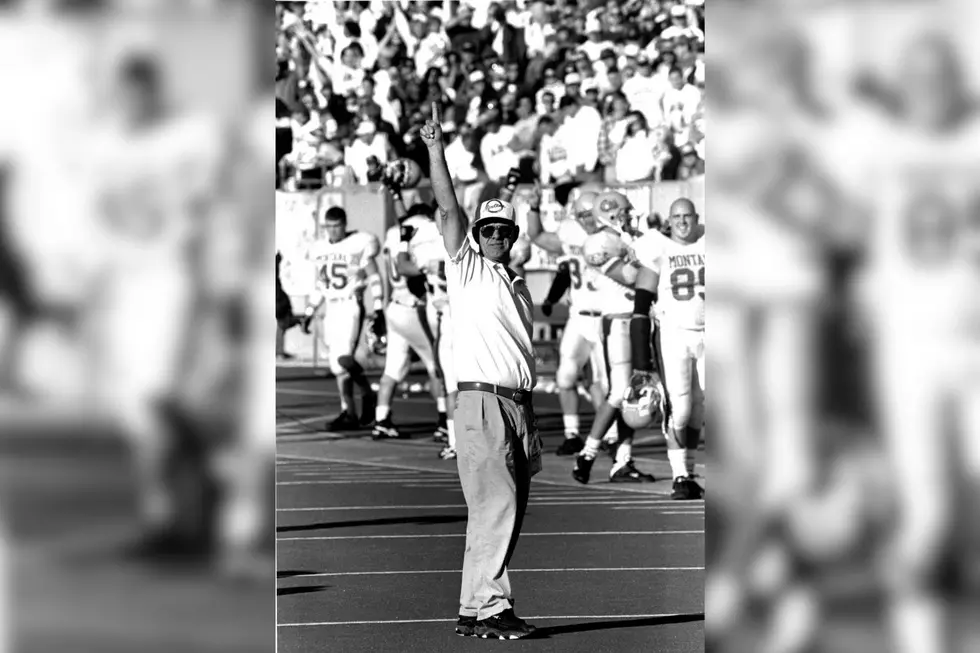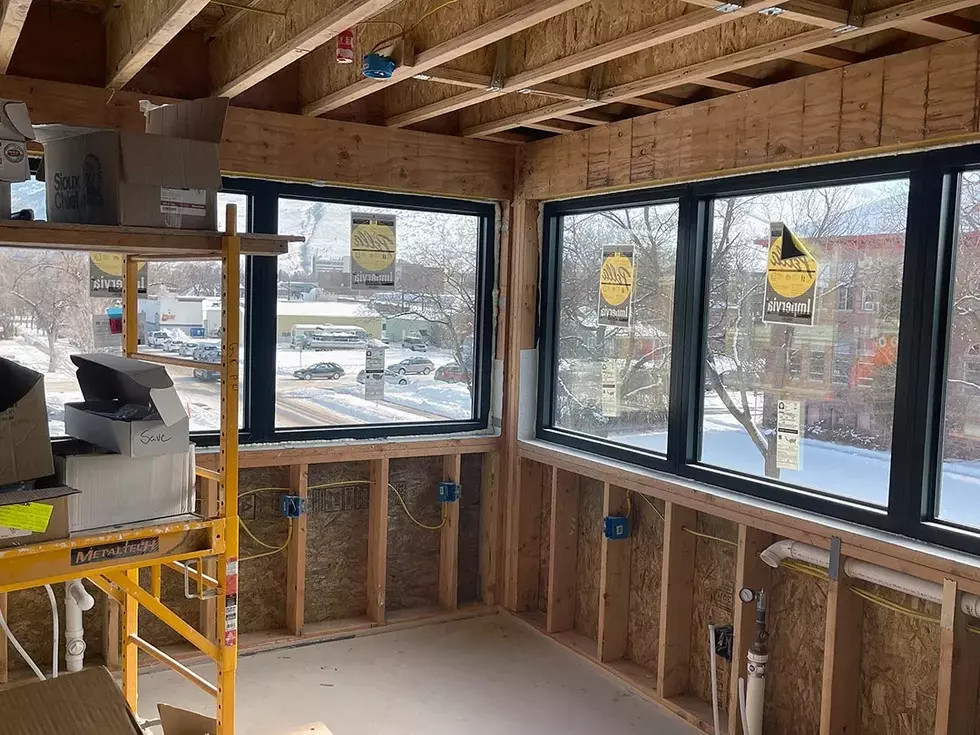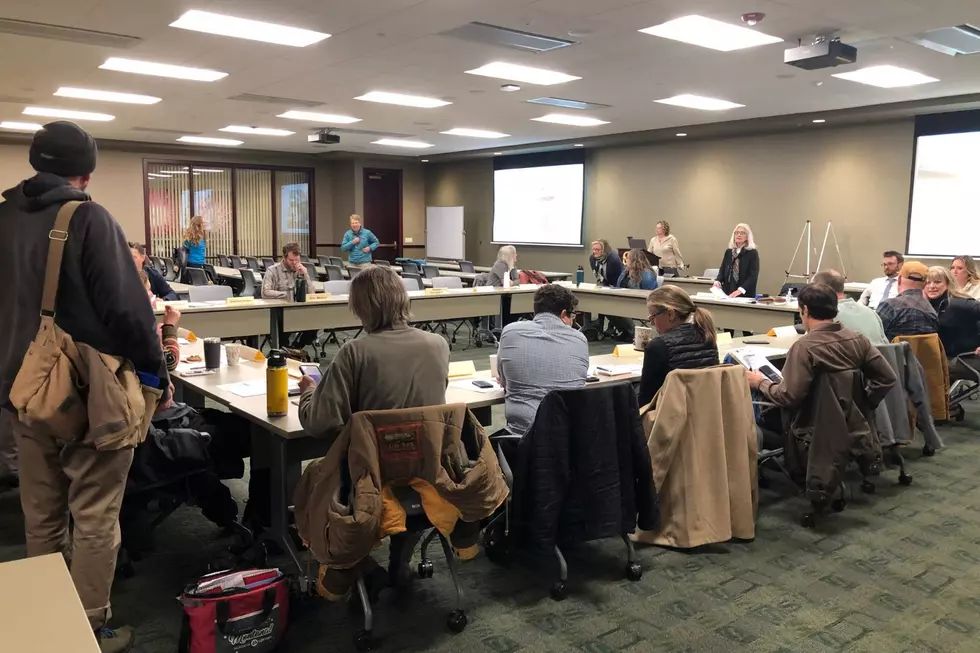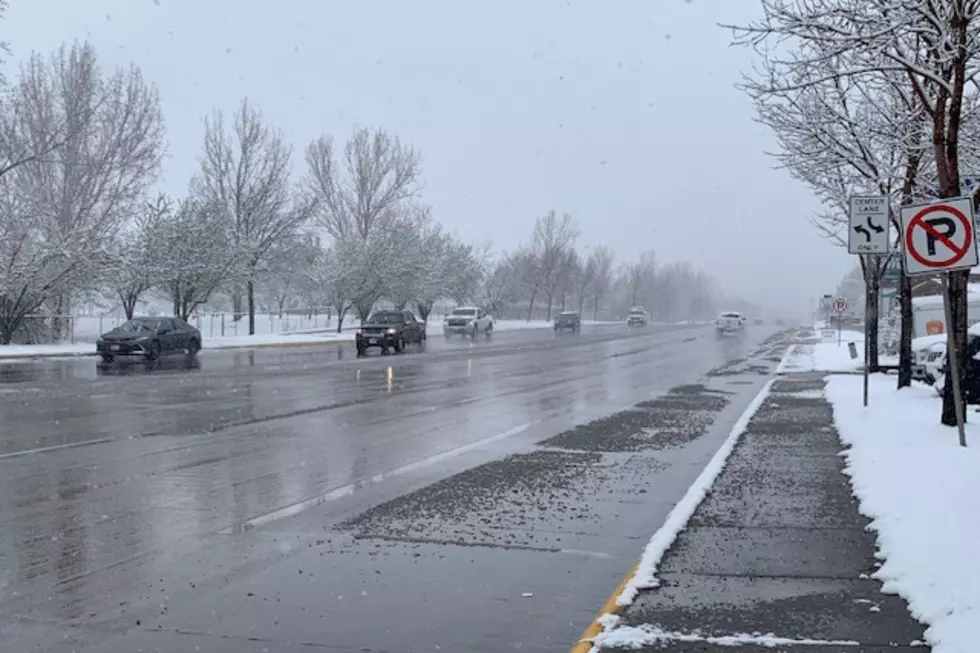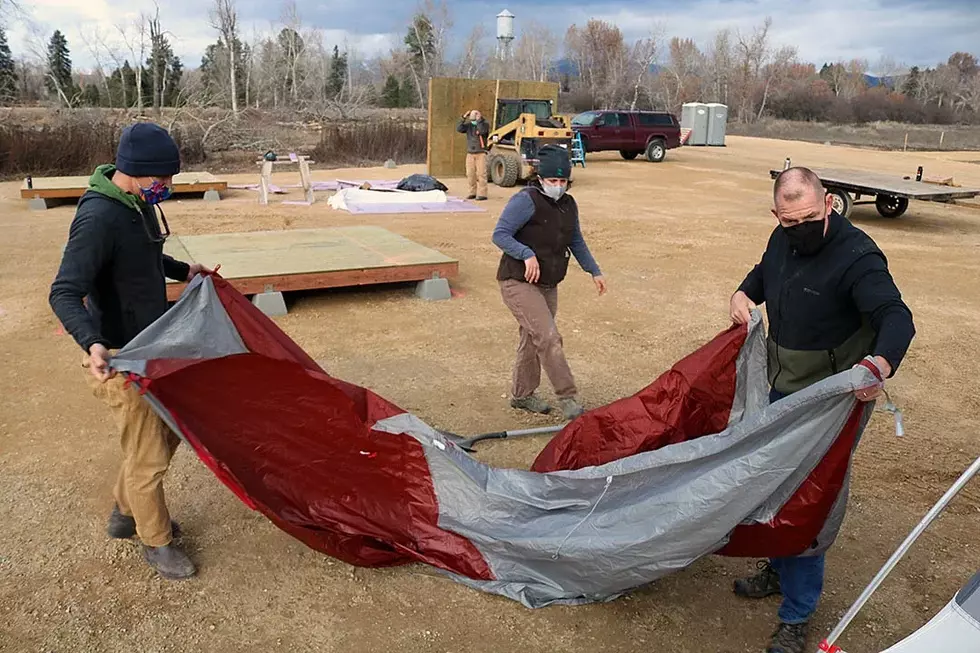
Elouise Cobell Statement at Fairness Hearing
Here is the statement that Elouise Cobell delivered via telephone from her Montana home to U.S. District Judge Thomas F. Hogan this morning. The hearing in Washington, DC, is continuing and should end later today.
Your Honor, my name is Elouise Cobell. I am an enrolled member of the Blackfeet Tribe and I was born, raised and presently reside on the Blackfeet Reservation in Montana. I am also the lead plaintiff in this litigation. My great grandfather was Mountain Chief, the last war chief of the Blackfeet Nation. I wish I could be present at today’s fairness hearing so I could introduce myself and personally explain to you how important this settlement is to 500,000 individual Indian trust beneficiaries. However, physically, I am unable to do so. Therefore, I sincerely thank you for the opportunity to participate by telephone. I want to explain that few if any other legal cases in modern times have embodied the pain of so many people in Indian Country and also embodied the hopes of these people. The possibility of settling this century old injustice has provided hope for the future and a light on the horizon.
For over 100 years, individual Indians have been victimized by the government’s gross mismanagement of the Individual Indian Trust and our trust assets, including the income earned on our trust lands. And, for the last 15 years, this Court, alone, has held out hope for individual Indians. No other place and no other institution – not the Executive Branch nor, with some notable exceptions, did Congress provide such promise.
Successive administrations stubbornly resisted and bitterly fought our efforts with everything it has. Congress was unable to bring resolution, despite great effort to do so. Finally, in 2009, through the extraordinary efforts of this Court, Class Counsel and the Class Representatives, for the first time since this case was filed on June 10, 1996, the Executive Branch sat down in good faith and negotiated a fair settlement of this case.
Then, in December 2010, after a year of meeting with members of Congress and their staff, we were able to obtain Congressional approval of this settlement. In this tight budget environment, that was extremely difficult to do, particularly since 100% of the Senate was needed to pass the ratification of our settlement. [What has been accomplished here is historic and unprecedented – a $3.4 billion settlement – with $1.5 billion distributed directly to individual Indians and $1.9 billion to address fractionation – a necessary investment for improving future management. And this is tax free.
In addition, $5 billion has been spent by the government on trust reform brought about by the pressure this case has brought to bear. Nothing like this has ever been done for individual Indians.] I am confident that this Court understands our history of abuse. Its opinions and decisions speak eloquently and sincerely of the challenges we have had to face.
The record is plain to anyone who spends the time to read and understand it. It is permanent testimony to the importance of this case and why it has been one of the most difficult challenges I have ever faced.
The terms of settlement bring a measure of justice to some of the most vulnerable people in this country. The settlement isn’t perfect. I do not think it compensates all for all the losses sustained but I do think it is fair and it is reasonable. That is what matters – a fair resolution has been achieved. I am convinced that it is the best settlement possible. I am convinced also that if this settlement failed, there would be many more years of litigation with little possibility of a more favorable resolution. While you will hear from several objectors today, the overwhelming majority of class members -- over 99.98% -- agree that the settlement is fair and want this matter resolved now. This support is not surprising to me.
When I have visited innumerable Indian communities over the last year to speak about this settlement, I have heard first hand the wide support this settlement enjoys. I don’t want to get into the details of our settlement. Those issues have been fully briefed and debated. And, I know that they will be discussed further in this hearing. However, I want to address an issue that has been addressed by the defendants and a couple of members of Congress.
That issue is the reasonableness of the legal fees for our Class Counsel. Often I have said that if our attorneys are not treated fairly and in accordance with controlling law, we will never be able to retain competent lawyers who would be willing to battle the government until justice is served – how ever long that takes.
I strongly believe that is true. An overwhelming majority of individual Indian class members agree. Please let the message be that lawyers who represent native people will be treated no worse or compensated no less than those who represent people who are not Indians. Until Class Counsel accepted our case, we had no hope and no remedy for the abuse that we have been forced to endure for decade after decade, generation after generation.
Our attorneys have labored tirelessly and at great sacrifice for many years. They never wavered in their commitment to us and they helped us accomplish something that most people felt would be impossible to achieve. We would have not have this success without our Class Counsel and I urge you to treat them fairly in accordance with the law. In closing, 124 years of abuse of our trust is enough. 15 years of intense, difficult litigation is more than enough. Too many of us have died without justice. Any more delays will mean that still more will die without justice. Enough is enough.
On behalf of Native people, I appreciate beyond words what Judge Lamberth, Judge Robertson, and you have done and how each of you has stepped up and courageously resolved some of the thorniest issues that any judge in this country has ever had to address and resolve. I am deeply grateful that this Court has not failed us. I thank this Court again for this opportunity to provide my views, and pray and hope that I can see the distribution of our settlement funds later this year. That is very important to me, my fellow class members, and justice.
From Bill McAllister Cobell spokesman
More From Newstalk KGVO 1290 AM & 98.3 FM

